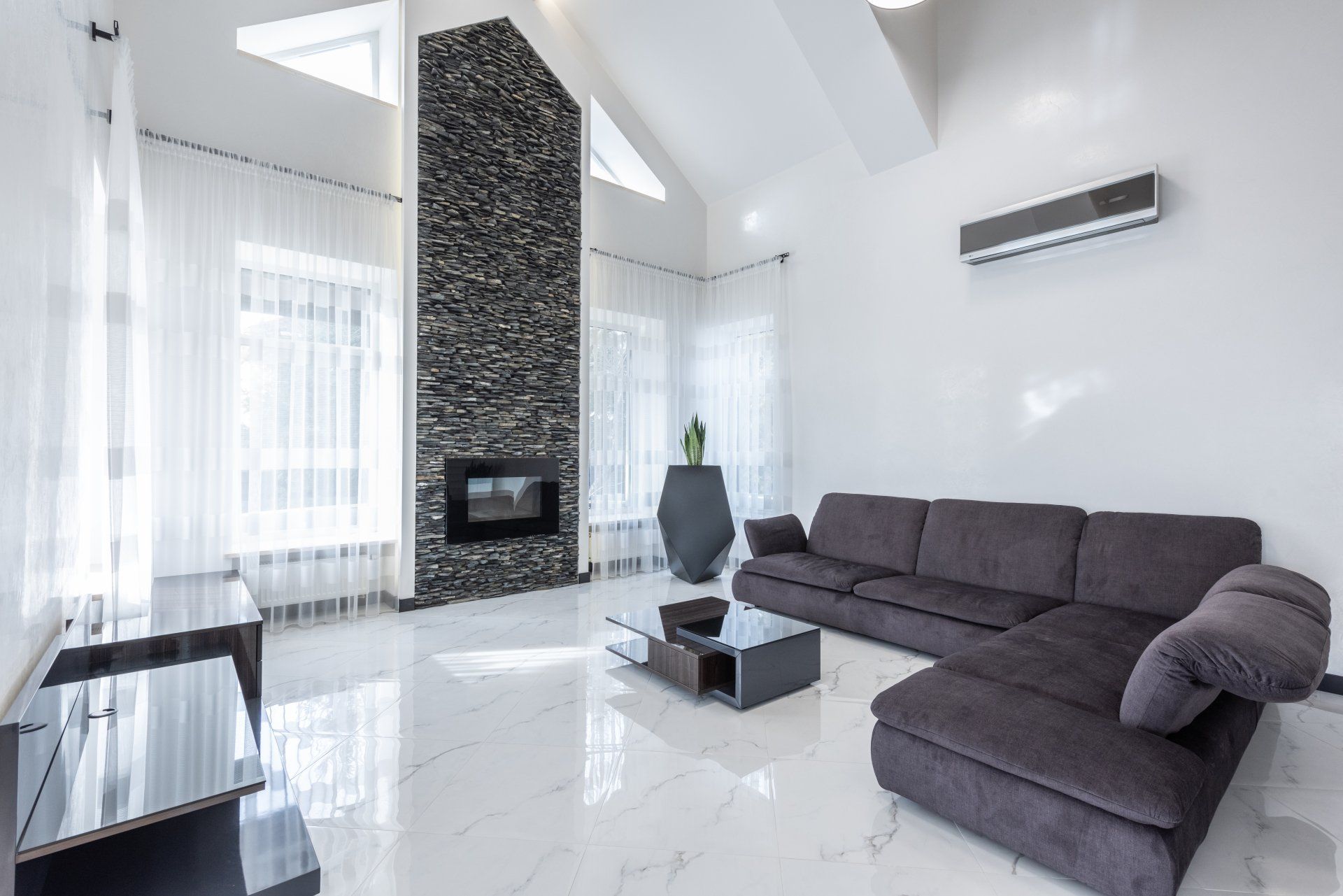Can Ductless AC Help In My Sleep?
Can Ductless AC Help In My Sleep?
Did you realize that the temperature of your body, while you sleep, plays a significant impact on the quality of your nighttime sleep? This is how your HVAC system can affect your sleep pattern as well as how to enjoy more restful sleep using air conditioning that is ductless.
How can temperature affect sleep?
The same area of your brain that is responsible for your wake and sleep cycles also regulates thermoregulation, which is your body's ability to warm and cool. How cool or hot you are can impact how quickly you can sleep and the length of time you are in each stage of sleep, especially REM sleep, where memories are sorted, and dreams occur.
The latest research indicates that a higher core temperature is linked to more awakeness or sleepiness at night. Have you ever felt sweaty or hot at night and then found yourself shifting and turning? Most likely, your thermoregulation was off, and the blankets aren't helping.
When your body's temperature drops and the pineal gland inside the brain releases melatonin, which is the chemical responsible for causing sleep, the temperature continues to fall gradually as more melatonin gets released until you reach your lowest temperature during the night, about two hours after falling asleep. The lower temperature also helps to conserve energy throughout the evening.
If you're too hot, you'll likely experience greater difficulty getting to sleep because the pineal gland won't be able to produce enough melatonin. Additionally, you may experience interruptions within the REM sleep cycle that could cause anxiety, irritability as well as confusion, and the loss of short-term memory.
In general, if your bedroom temperature falls below 65°F, you are probably too cold to sleep comfortably. You might feel cold, or your nose might feel cold against the blankets. If your bedroom temperature is more than 75°F, you could sweat and get up frequently during the night. Many people find that this can happen even at 70°F.
Ductless AC Regulates Temperature
Ductless HVAC units work as a heat pump, which is used for heating as well as cooling, which can eliminate or reduce the requirement for heating during winter. Contrary to furnaces or window air conditioners, a ductless condenser does not provide cooling or heating to the air entering your home. Instead, it transmits heat from one area to another.
Instead of creating or even removing heat, the heat from the outside during winter reverses the process in summer.
How to Get a Good Sleep at Night with Ductless HVAC?
Ductless HVAC is an excellent option to have efficient cooling power that is energy efficient and has individual temperature control on each device. As per The Sleep Foundation, the optimal temperature to sleep at is approximately 65°F; however, it can differ by just one or two degrees for different people.
A majority of doctors suggest to their patients that they sleep at a temperature of 60°F to 67°F, based on the individual's comfort. Temperature was among the most crucial factors to ensure a good night's sleep in the survey of respondents, with 4 out of 5 respondents stating that temperature is an important factor in their sleep.
Certain models of ductless have thermostats that are programmable, which let you adjust your air handlers' settings to automatically reduce the temperature in the evening. So, you do not have to set the thermostat manually each evening, then again at the beginning of the day to set it to normal.
Setting your devices to cool down at night and warmer during the day can help you save power more than you would if they were to maintain an even temperature throughout the day and night. If you are working away from home, it is possible to raise your thermostat even higher in the daytime to cut down on cooling and heating costs. Set your thermostat to achieve the desired temperature approximately an hour before you get home. You won't see the little differences - but your bank account surely will.
Get a
FREE Quote
HVAC Victoria Quote
You might also like




